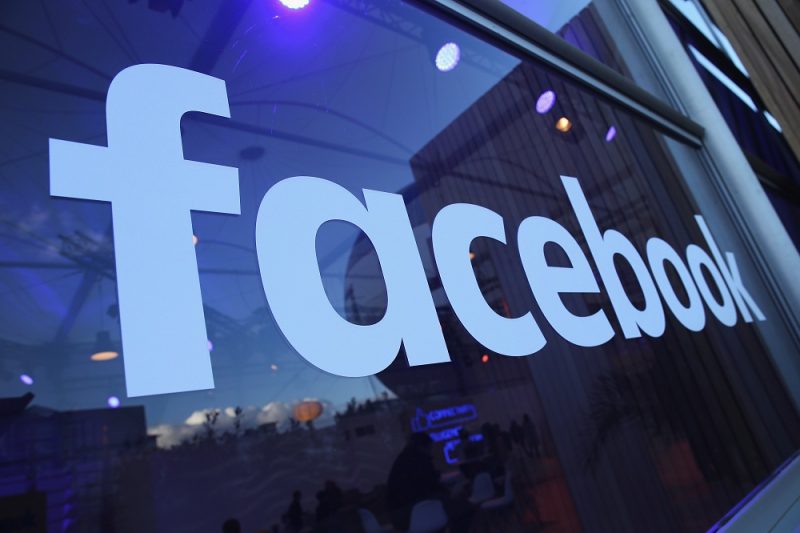The world’s largest social media network, Facebook is facing a major backlash among its users and advertisers after agreeing that private information belonging to at least 87 million people was accessed illegally by a data mining firm that has been linked to the Jubilee campaign strategy for 2013 and 2017.
Facebook Chief Technology Officer Mike Schroepfer while expressing the company’s strategy to restrict and properly limit third party access to user data said in a blog post that most of the affected were people in the US.
There are options for users to remove their personal information from the social network save for login records that the Facebook developers say have to remain in their servers. To make sure that there is no information about you that remains on Facebook to the risk of exposure to third party users as the Cambridge Analytica firm, one can delete their account.
Deleting your account means no one will ever access any of your posts, comments or front end activities and your profile will permanently disappear from the network. However, some of your activities on Facebook such as your private conversations cannot disappear from Facebook completely.
This is because private messages are not only stored on your personal Facebook data space, but also replicate on your receiving friends’ account. This implies that messages can completely cease to exist in the event both of you delete their account.
To delete your account, you have to follow these steps,
- Log in to Facebook
- Navigate to DELETING ACCOUNT
- Confirm that you want to delete your account.
Once you confirm that you surely want to delete your account, it may take up to three months to have everything you posted as your photos, stories and other timeline updates lost since they are stored in the backup system for Facebook. During this period of averagely 90 days, your posts or profile does not appear to the public or your friends.
READ: Another NTV bigshot decamps to Citizen TV
Third party developers such as mobile loan applications as Branch gain permitted access to specific user data as a way of identifying you. Facebook is now devising new mechanisms of building more buffers to its user data in efforts to tame infiltration as in the case of Cambridge Analytica.
Recently, the US also set out scrutiny of VISA applicants’ social media footprints in what has been seen as possible guard against many who dream to travel abroad for studies, work or health reasons given their online past.













Leave a comment